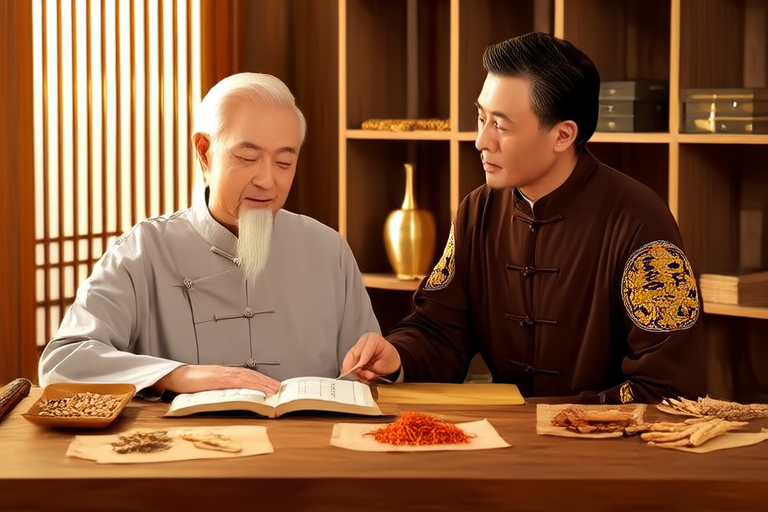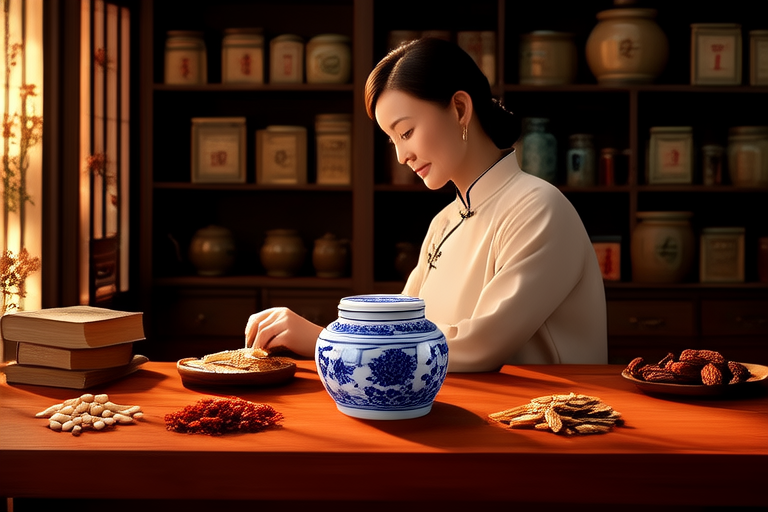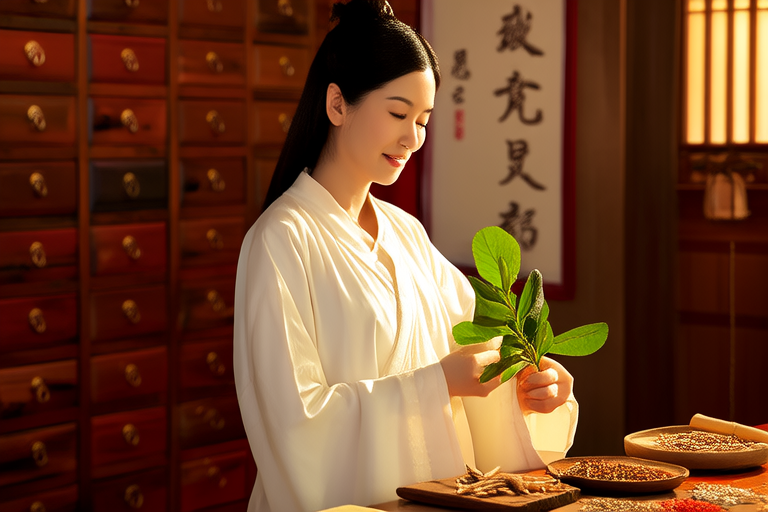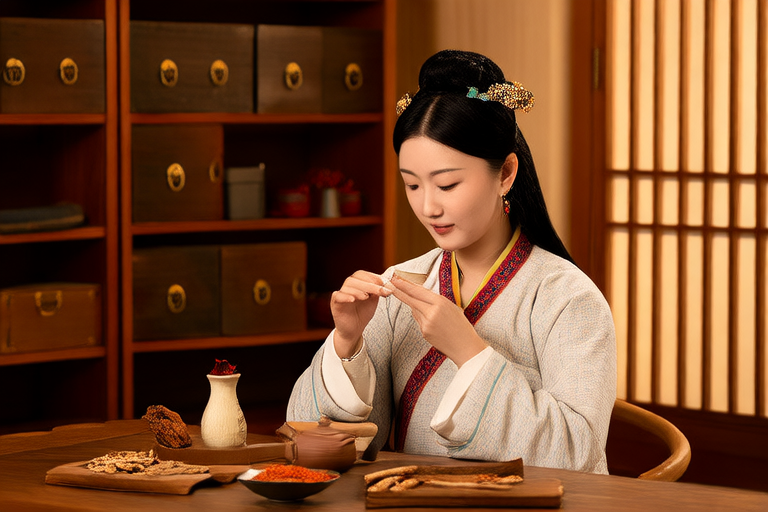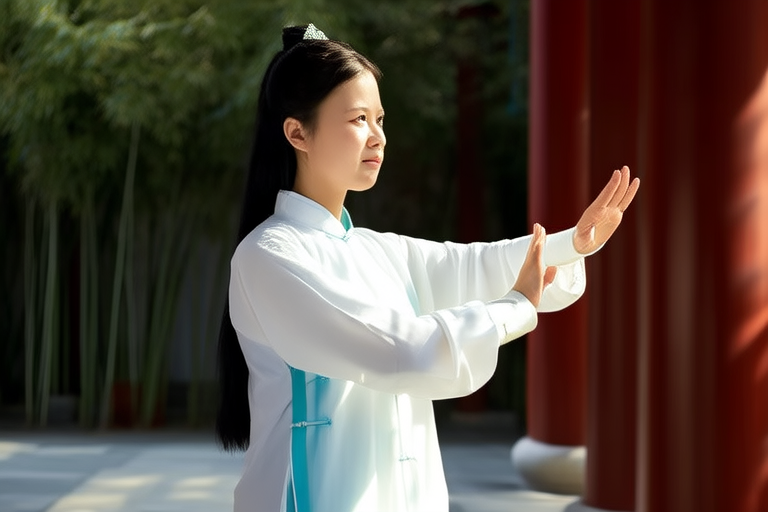Exploring Traditional Chinese Medicine’s Approach to Wellness
Introduction: The Significance of Health Preservation in TCM
The practice of health preservation, or yǎng shēng, occupies a central role within traditional Chinese medicine (TCM). This holistic approach emphasizes the maintenance and enhancement of one’s well-being through harmonious living with nature and self-care practices. Unlike Western medical paradigms that focus primarily on curing diseases, TCM advocates for preventing illness by balancing internal energies and maintaining the body’s natural equilibrium. By integrating principles from philosophy, science, and daily life, TCM provides a comprehensive framework for individuals seeking to lead healthier lives.
Basic Theories: Yin-Yang, Five Elements, Zang-Fu Organs, and Meridians
The foundation of TCM lies in several fundamental theories. First is the concept of yin-yang, which posits that all phenomena in the universe can be categorized into opposing yet complementary forces. These forces interact dynamically, creating balance within the body. Imbalances between yin and yang can lead to disharmony and disease. Another key theory is the five elements—wood, fire, earth, metal, and water—which represent different aspects of nature and correspond to various physiological functions in the human body.
The zang-fu organs refer to the major internal organs, each associated with specific elemental qualities and responsible for particular bodily functions. For instance, the heart governs blood circulation and mental clarity, while the liver manages emotions and detoxification processes. Additionally, the meridian system consists of pathways along which qi (vital energy) flows throughout the body. Proper flow ensures optimal organ function and overall health.
Specific Health Preservation Methods: Dietary Adjustment, Physical Exercise, Emotional Regulation
Dietary adjustment plays an essential role in TCM-based health preservation. Foods are classified according to their properties such as temperature (hot, cold, warm, cool), taste (sweet, sour, bitter, salty, pungent), and effect on specific organs. A balanced diet aims to maintain the equilibrium between these factors. For example, consuming more cooling foods like cucumber during summer helps prevent overheating, whereas incorporating warming ingredients like ginger in winter supports digestion.
Physical exercise also contributes significantly to wellness. Practices like tai chi and qigong promote flexibility, strength, and mental calmness through slow movements synchronized with breathing techniques. Regular physical activity enhances circulation, strengthens muscles and bones, and improves immune function.
Emotional regulation forms another critical aspect of health preservation. According to TCM, excessive emotional stress can disrupt the flow of qi and cause imbalances within the body. Techniques such as meditation, deep breathing exercises, and mindfulness practices help manage negative emotions and foster inner peace.
Practical Tips for Daily Life: Incorporating TCM Principles
To integrate TCM principles into everyday routines, consider adopting some simple habits:
- Wake up early: Rising before sunrise allows you to align your schedule with natural cycles, promoting better sleep quality.
- Stay hydrated: Drink plenty of water throughout the day to support kidney health and overall metabolism.
- Avoid overeating: Eat until you’re about 80% full to prevent digestive issues and maintain healthy weight.
- Practice gratitude: Cultivate positive thoughts and express appreciation regularly to improve emotional well-being.
- Schedule rest periods: Allocate time for relaxation and rejuvenation, ensuring adequate recovery after physical activities.
Conclusion: The Relevance of Health Preservation for Modern Health
In conclusion, traditional Chinese medicine offers valuable insights into achieving optimal health through preventive measures rather than reactive treatments. Its emphasis on harmony between body, mind, and environment resonates strongly with contemporary concerns regarding chronic illnesses and mental health challenges. By embracing these timeless wisdoms, we can enhance our quality of life and build resilience against potential health threats.






